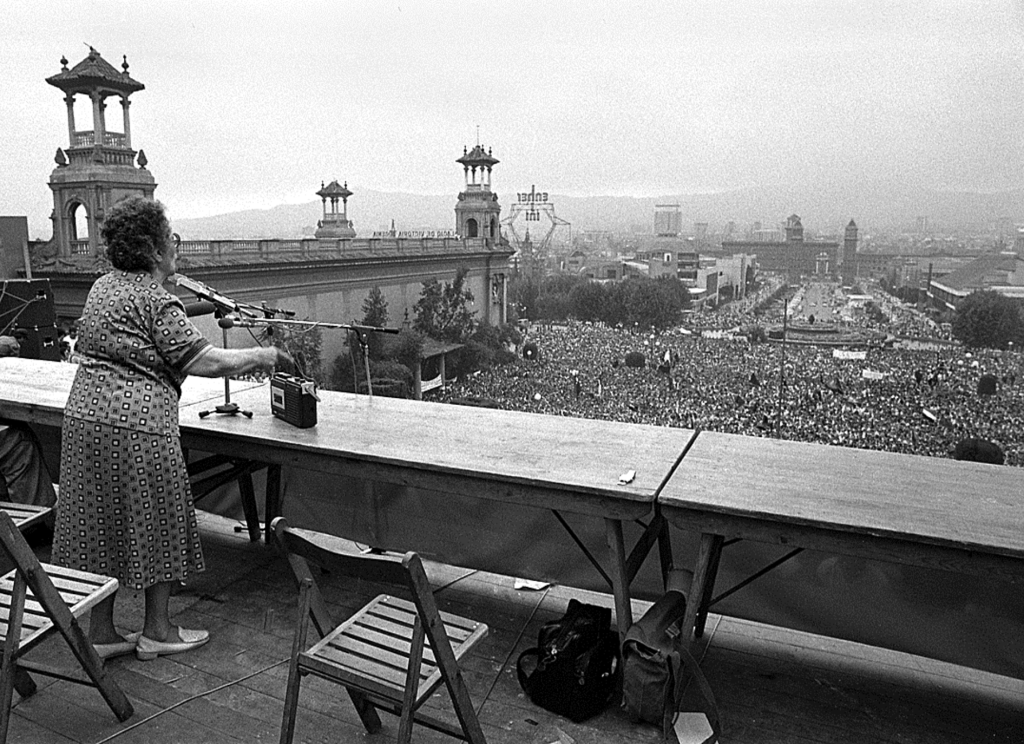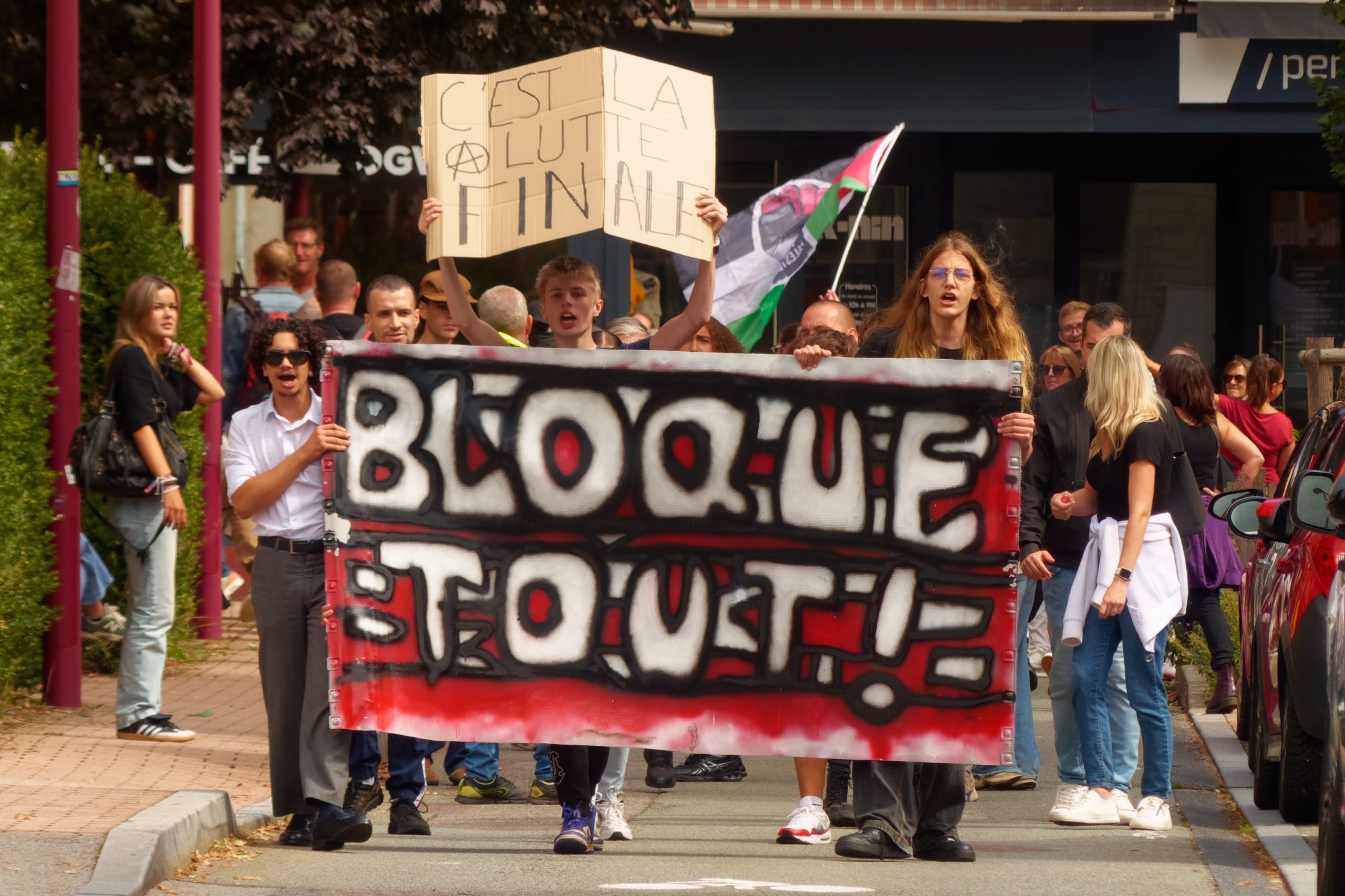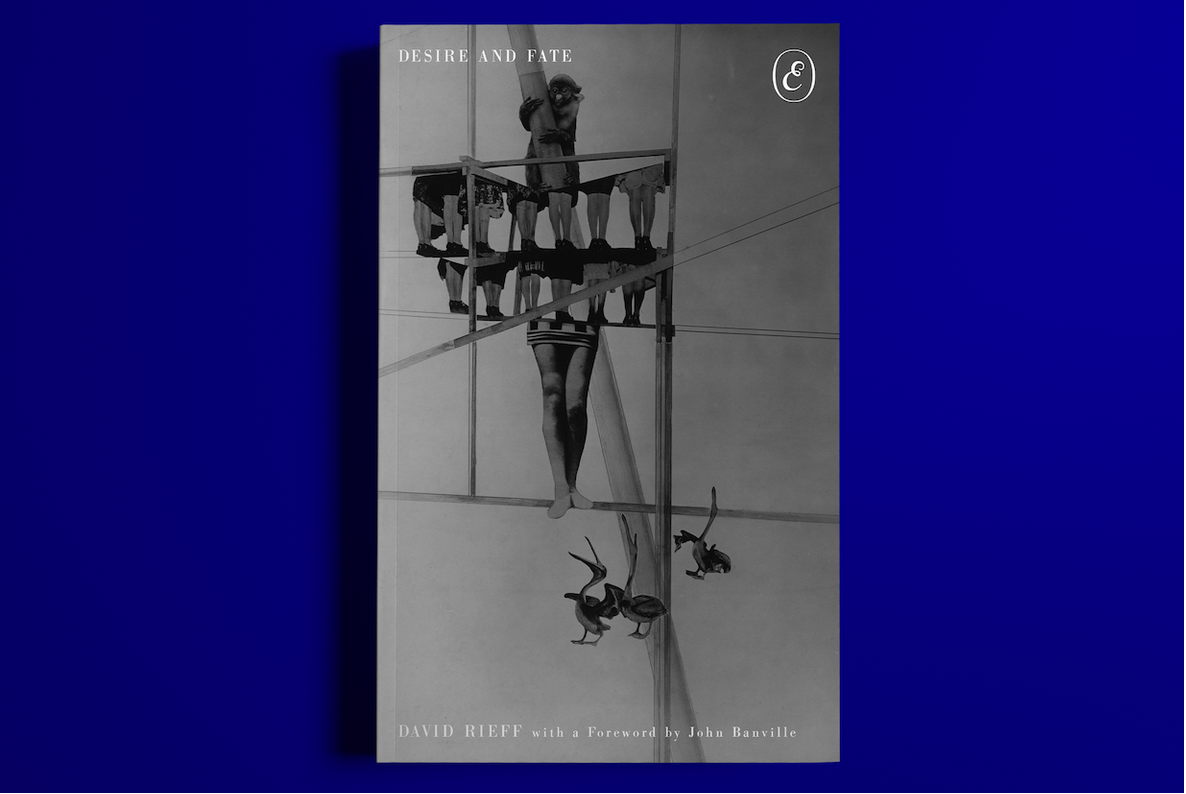The eighth biennial Anarchist Studies Network Conference is approaching and I thought it might be good to reflect on the way the conference is organised, both for the purposes of transparency and (hopefully) to get everyone excited about attending. Having organised the ASN conference for many (lost count!) years in a row, this version of it now feels to me like a well-oiled machine. I want to share some considerations that I/we have had from early on regarding academic conferences in general, and whether and how we can organise an anarchist one.
Is it worth doing?
A question I ask myself every time it comes to organise the next one: Do I still see value in it? Is it worth my time and effort? Given the state of UK universities now and their broken relationship with education and knowledge, I think it is pertinent to re-evaluate.
A few years ago, Will Boisseau and I wrote a paper on this which I will now shamelessly cite:
“To organise an anarchist conference, the first thing to consider is what is valuable about conferences that needs to be salvaged from the hands of capitalism. The value, as I see it, is twofold. First of all, research and knowledge production don’t happen in isolation. Most people need to read, write and talk to other people to be able to develop, crystalise and complete their research. This often happens in a myriad of organic ways, such as talking to friends, mentors, colleagues, etc. and it often happens in conferences, which is a space particularly designed for people to present their research to others. Leaving this space of knowledge production to the market forces of capitalism is reducing our ability as a movement to produce knowledge in anarchist ways. It also means that our research is more and more marketized and shaped by the state.
“Secondly, because of the way academia is organised, most academics specialise in a narrow field of studies. Meeting people who are interested in the same topic can be hard and conferences are often the only place where that can happen. Conferences, particularly when there is space for more informal socialising, can be a beautiful place to make new friends from all over the world. It is important to acknowledge that anarchist academics are very few and far in between, often found in unexpected places, such as business departments, linguistics, sociology, music, among other more obvious ones like politics and history. Building a network for mutual support and cooperation was the purpose of starting the Anarchist Studies Network and its conference has become an important event for its members. (Neoliberal Schooling of Selfishness and Exploitation: Rubricization and Corporatization of Higher Education, edited by Anthony J Nocella II)“
Not only do I still subscribe to this, I believe that the ASN conference is more than just a place to share research, make new friends, meet old comrades and talk about anarchism for three days. ASN presentations have always reflected critical perspectives on current events and argued for novel solutions to practical issues, as well as engaged with significant questions in history and theory, but it is my hope that today it also – deliberately and actively – provides a radical space which is self-critical of academia, a place which helps us grow as academics and anarchists simultaneously. Through its ethos of DIY culture, focus on accessibility and attempts to increase its diversity, I have been pushing to make ASN welcoming to new participants from outside the institutional academy, and a place where newcomers feel like they can have a valuable input and create meaningful connections. I would like to see ASN distance itself from both the processes of marketised individualism rampaging through HE, and the more dogmatic end of cancel culture on the left. I want us to hold a space where critique and self-reflection are encouraged with care and patience for one another. Keeping this in mind, what follows is a general overview of how we have organised conferences so far. Hopefully this will give everyone a chance to comment or question these methods and principles, if they so wish.
ASN8 – Anarchism In/With/As/Beyond Conflict
The conference theme is Anarchism In/With/As/Beyond Conflict, a theme which was proposed and voted on during the final plenary of ASN7 in 2022. The conference team is significantly larger than in previous years, comprising me (Elizabeth Vasileva), local organisers Jim Donaghey, David Fox and Cassidy Ferrari in Belfast, as well as Elke van Dermijnsbrugge and Luke Ray Di Marco Campbell, all of whom responded to an open call on the ASN mailing list last summer. We published the Call for Papers in January and spread it around the usual networks. The deadline was at the end of March.
We received 79 abstracts, some of which fashionably late, with 26 of them choosing to present online. Despite our excitement to be back to in-person events, we really wanted to preserve the element of enabling participants who couldn’t physically attend (because of space, borders, ability, other commitments) established during the previous two conferences. Virtual participation has now become a matter of accessibility, as many activists have pointed out since the pandemic, and is something which we are committed to. Having established that, the main challenge became logistical, i.e., figuring out how to organise a good hybrid event.
As we explained to participants a couple of months ago, we feel like slotting in online papers among in-person presentations rarely works well. The online participant(s) watch a room of people chatting, often feeling excluded because they can’t join the informal conversations, and usually no one engages with them because they are a camera in the corner. Online presentations often don’t get as many questions as in-person ones in a mixed panel, and having to work with unreliable tech often causes facilitators to panic and delays presentations. In addition, as organisers we felt that it would also be too difficult to stream all presentations live as we do not have the tech, expertise and capacity to do so (arguably, we could have employed someone to do it, but equally, we didn’t feel like this was a good use of budget). So our decision was to organise a separate online-only day for all virtual presentations, with the rest of the presentations in-person in Belfast without streaming or recording (unless provided by individual participants). Participants were notified of this proposal and invited to comment with the general consensus being that this was a good idea. We are yet to decide on an online platform, but it’s likely to be a popular (highly capitalist) one such as Teams or Zoom, since we have free institutional access to them and their enterprise features.
The next task (and my favourite!) was creating the programme. I have fond memories of doing this for the first time with my supervisor, Ruth Kinna, in her office and finding it incredibly cool that she just knew which papers should go together. I now have this instinct too and I love the process of curating the panels, picking out the common threads in different papers, and uniting them. It is hard work, but essential for the coherence of the conference. It’s often also invisible work. A well-curated programme means that presenters have interesting conversations with each other and find common themes, and that participants enjoy the entire panel and don’t feel compelled to leave mid-way through. It is also incredibly satisfying to watch people find that common ground where they didn’t think there was any. Sometimes people feel like there are papers we shouldn’t have allowed to present (not academic enough, not anarchist enough, etc.), but we are of the view that in general this does no harm. If people read the abstract and then go to the panel there is an audience for it. We rarely outright reject papers and prefer to ask people to revise their abstract to make it more relevant. That said, we have never had submissions of anything right-wing, fascist or trans-exclusive and we do not feel like these have a place in ASN.
With this we are mostly through the biggest chunk of conference organising. Another challenge which we always wrestle with (and to be fair, it is a challenge for most anarchist spaces and events in the UK) is to ensure diversity and inclusion. This shouldn’t take the form of tokenizing and lip-servicing, but represent a genuine effort to welcome people who don’t necessarily find themselves at home in our academic environments. This can take many forms, but starts with explicitly reaching out and inviting groups who we know experience these barriers, as well as ensuring they are supported to attend and present. We are, and have always been, aware of the importance of materially supporting people to attend (not just presenters) and have prioritised doing this in various ways, such as providing free tickets, free lunch and childcare, as well as sponsoring people for travel and accommodation.
Hosting an inclusive space
But in my view this has not been enough and I want to conclude with a final thought and call for action. Along with respect for our differences, welcoming newcomers often requires patience and humility, reminding ourselves that no-one is born on to the One True political path and that making mistakes is an essential part of growing. As a community we must make the effort to hold these moments collectively. The tendency to cluster into small cliques, speak only to people we know and appear generally unapproachable can be quite dominant in our spaces (yes, many academics are introverts) and we shouldn’t underestimate the value and power of being friendly, being a good host, making sure people are introduced to other people and given space to configure with their surroundings. This starts with the organisers but it extends to other participants, and it is really the impetus behind the Code of Conduct we published a few years ago. Ultimately, we want these spaces to enable people to be together in productive, joyful ways and we want to give everyone the chance to contribute to producing the space in the way they want it to be in a way that is inclusive of neurodiversity, holds political differences and which finds paths through conflict. As an organising committee this often means going above and beyond to make people feel welcome and comfortable in the space, providing structures for resolving issues and paying close attention to informal hierarchies including those of activist cred or academic clout. As Cindy Millstein rightly observes:
Being good to each other, forging new social relations in the shell of the old, isn’t going to end capitalism, smash the state, or nix all oppressions. It is nevertheless the prefigurative half of this herculean task. We also simultaneously need to constitute and experiment with new social organization. And both will only be as ‘good’ as the dialectic between the goodness we struggle toward in our individual and institutional practices, growing, affirming, and reinforcing each other against all the hierarchical, oppressive horrors that batter us on all sides. (Millstein, 2014)
Finally, one crucial thing to remember is that no event or organising committee is perfect and, whilst we should strive to do our best, no one should be judged against unattainable standards. This is often a learning process for all of us and, as such, the conference needs to be a safe space for everyone to offer and receive feedback and criticism. In the spirit of mutual support and care, we have made sure there are channels to offer feedback, such as a general assembly at the end of the conference, and/or an online survey and/or anonymous suggestions box. But moreover, I would like to emphasise and encourage the DIY ethos of ASN conferences whereby if you want something done, you can do it yourself (given that you have the capacity to do it). This has historically included organising an ad hoc panel in a spare room, bringing a cake, offering lift or room shares, distributing leftover food and many other things that participants have thought should be organised but weren’t. We are always happy to provide support, but do please make the conference your own.
For full conference schedule, and registration info, visit the Anarchist Studies Network website here.
~ Elizabeth Vasileva
This article first appeared at the Anarchist Studies blog.
Pic: Federica Montseny addresses the first CNT meeting in Barcelona since the Spanish Civil War, in 1977








